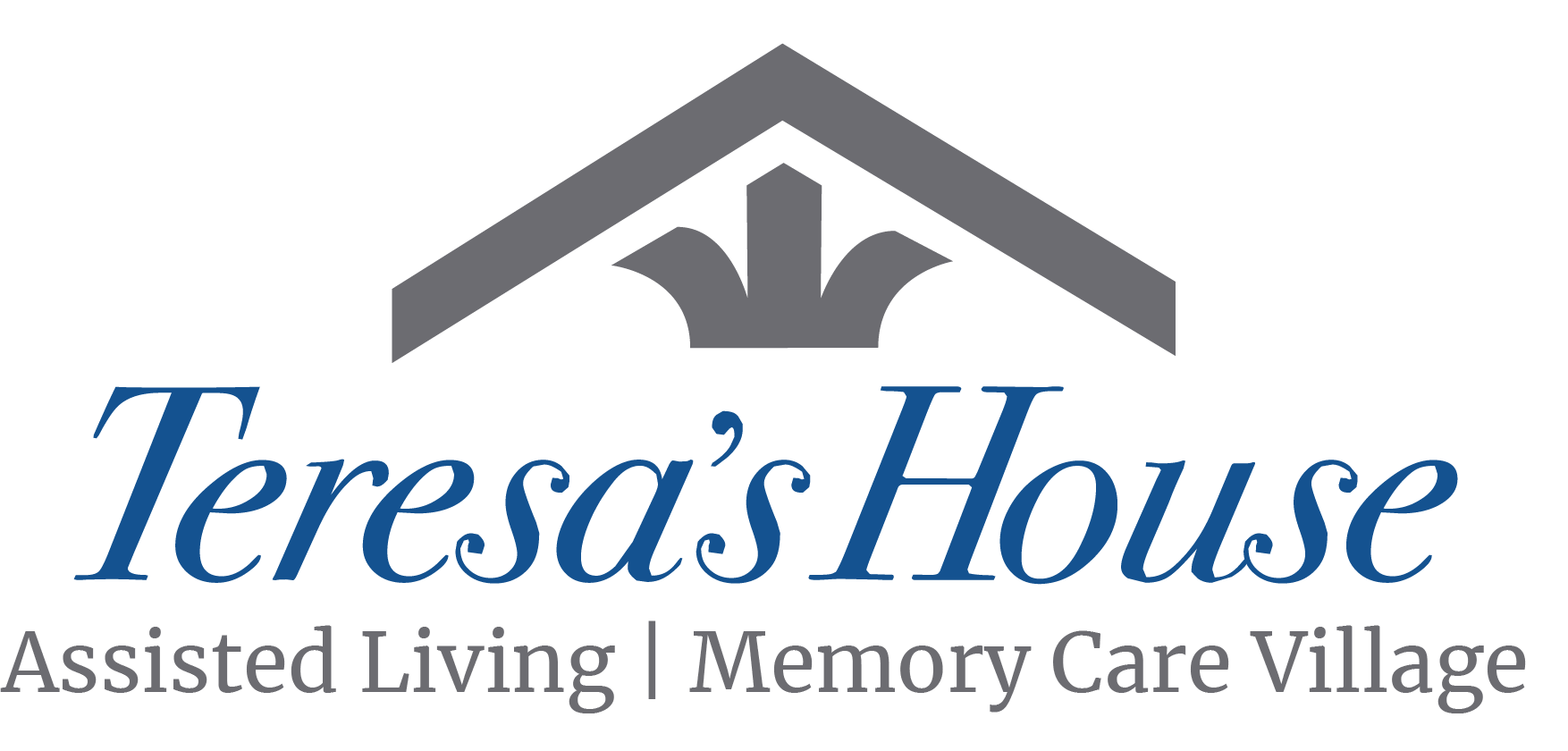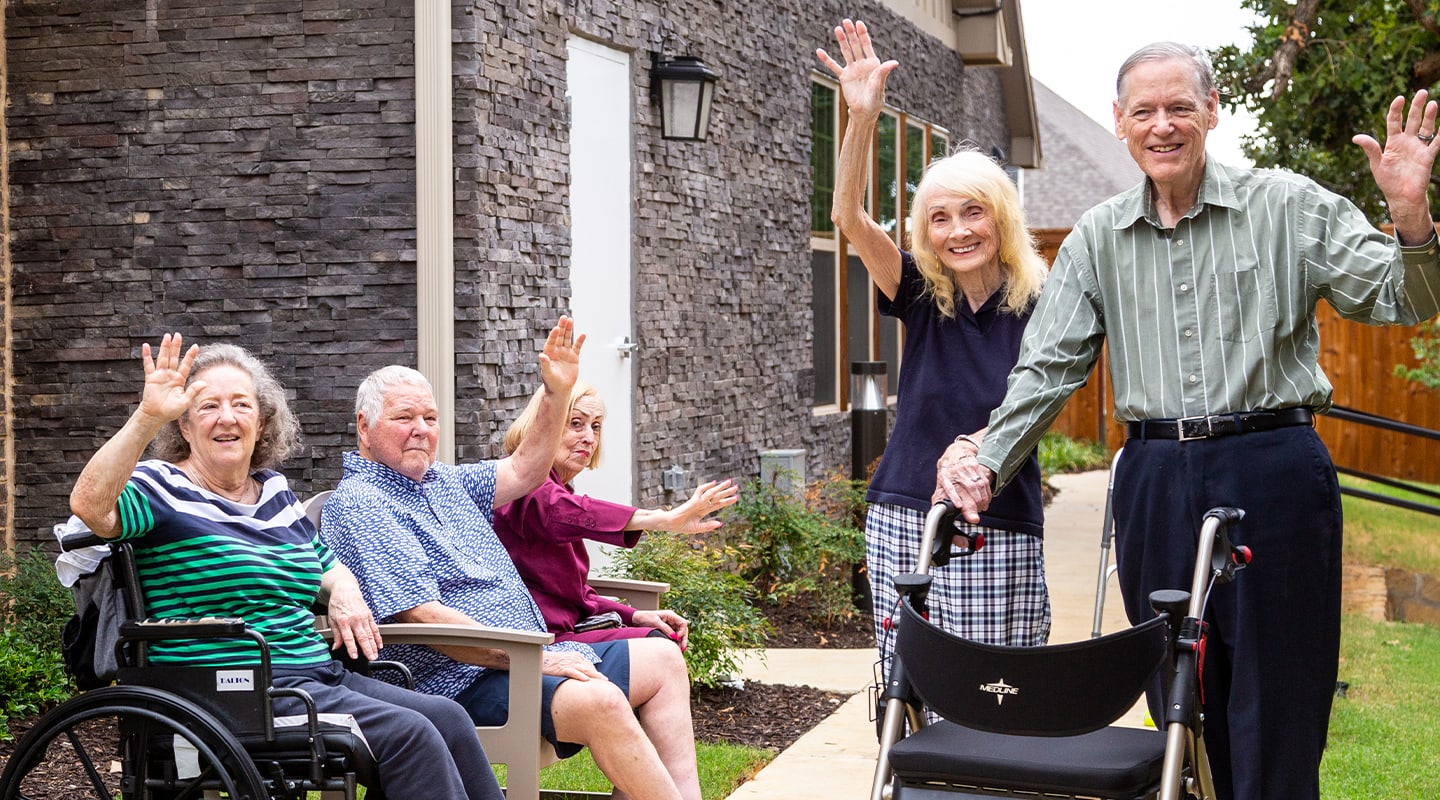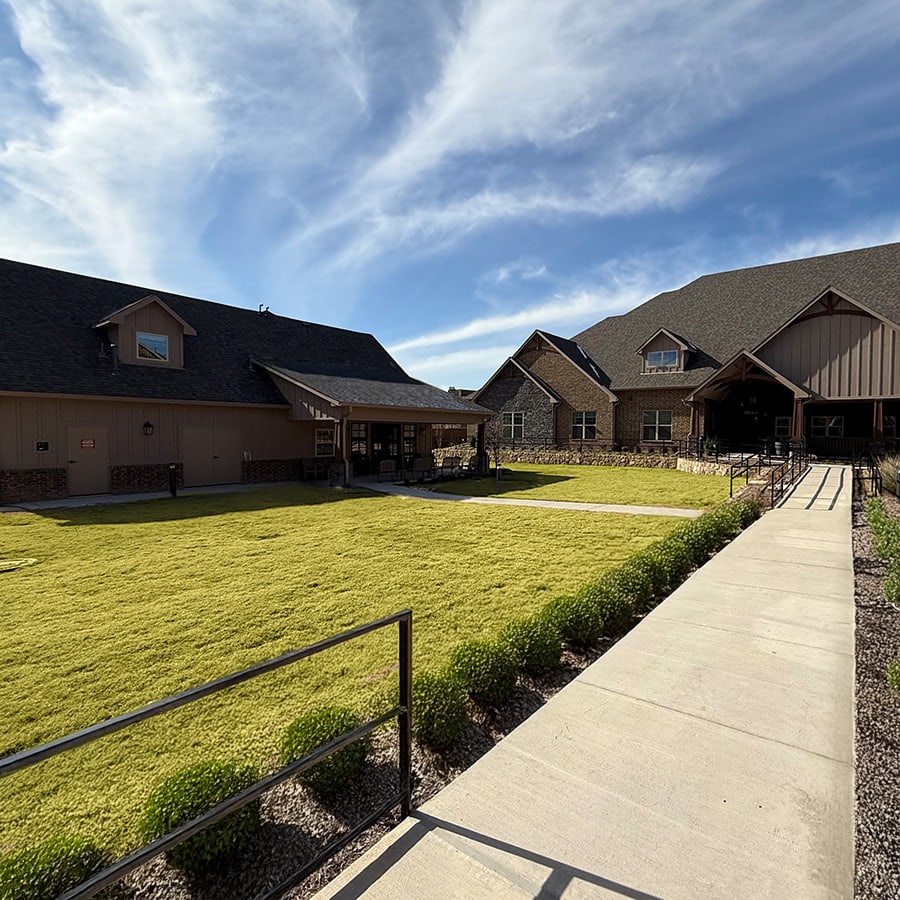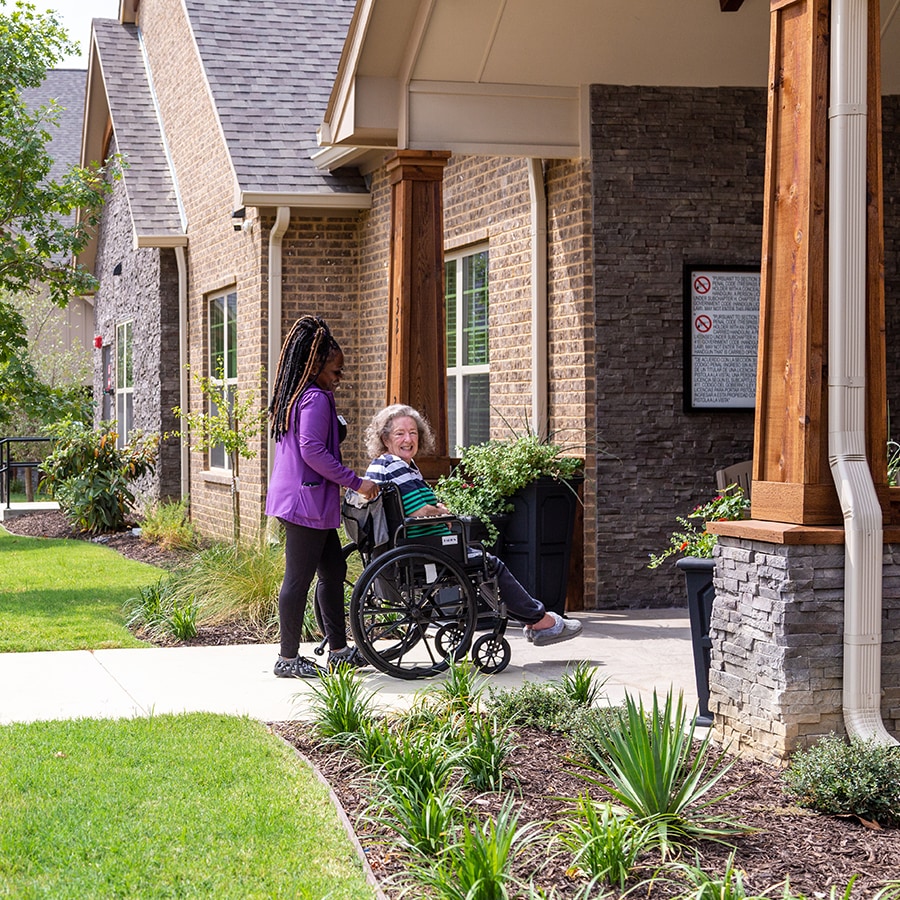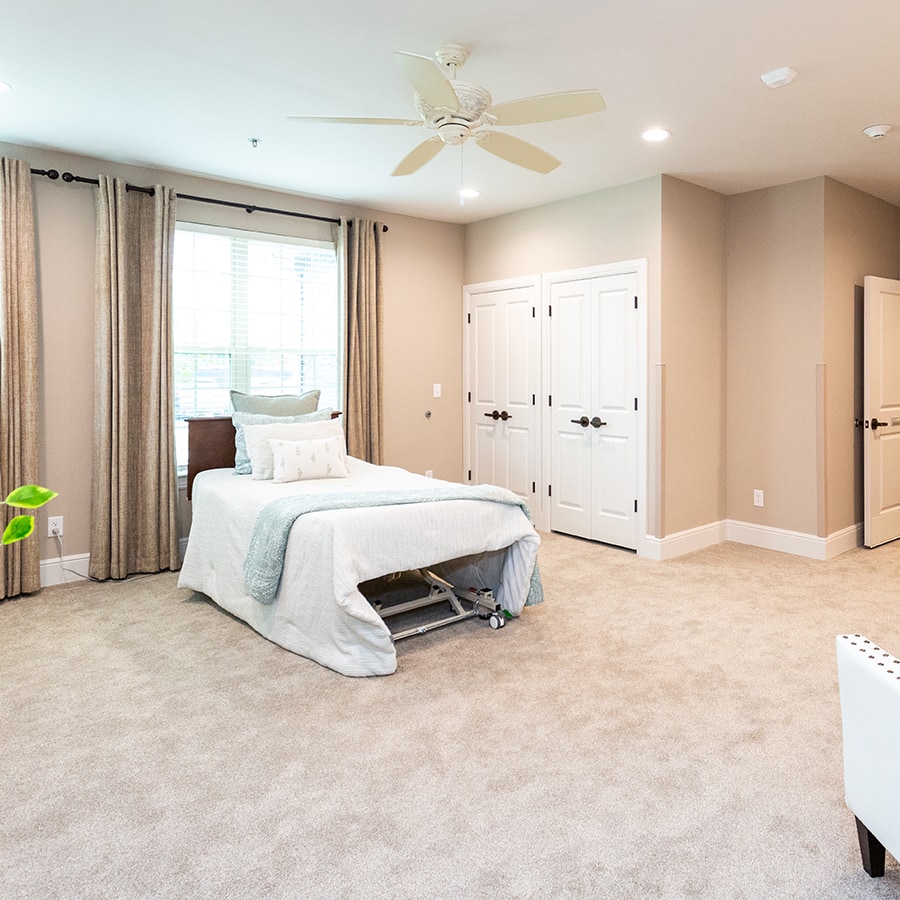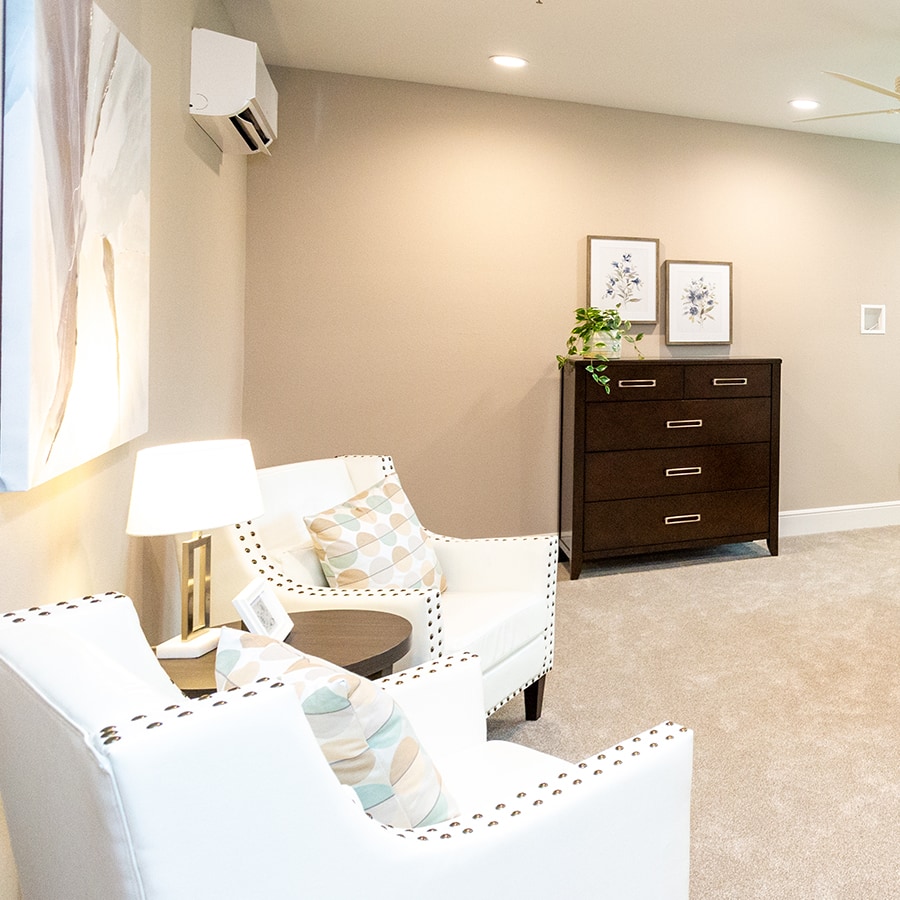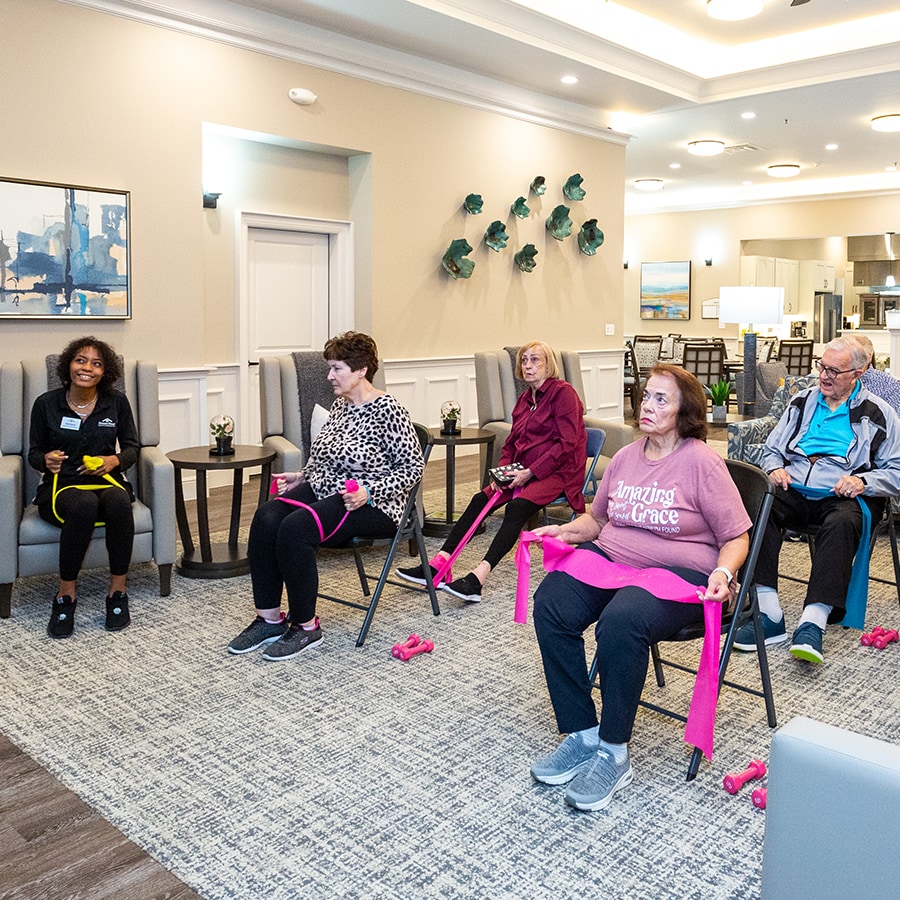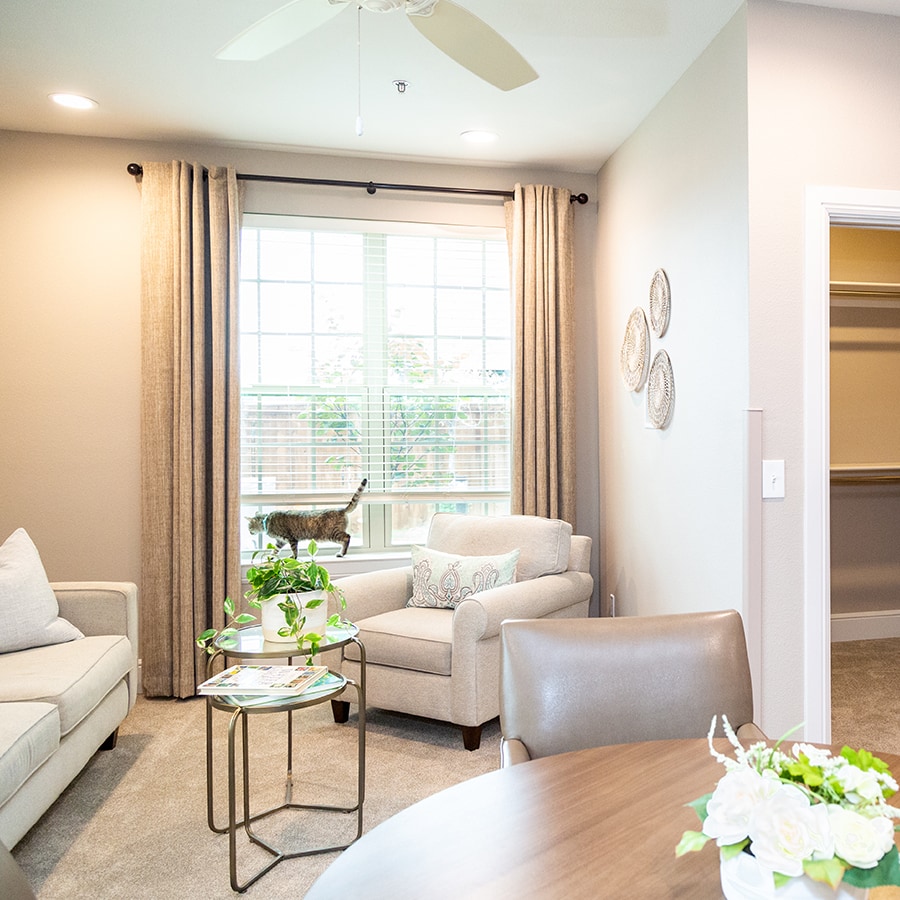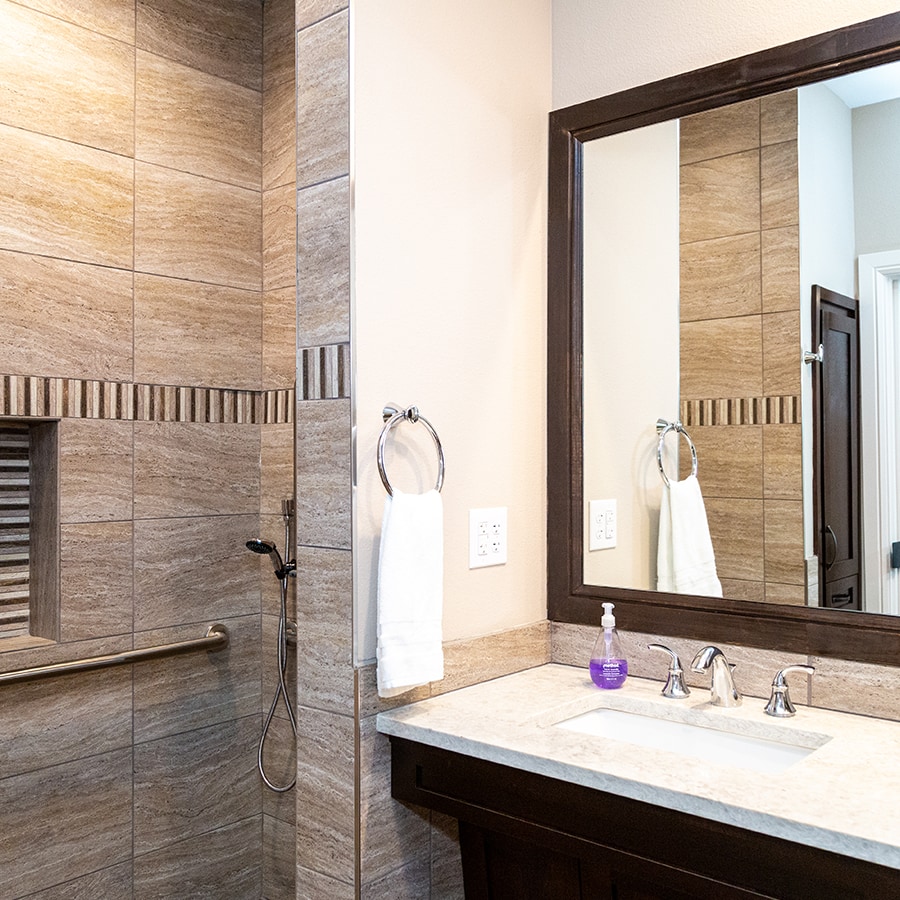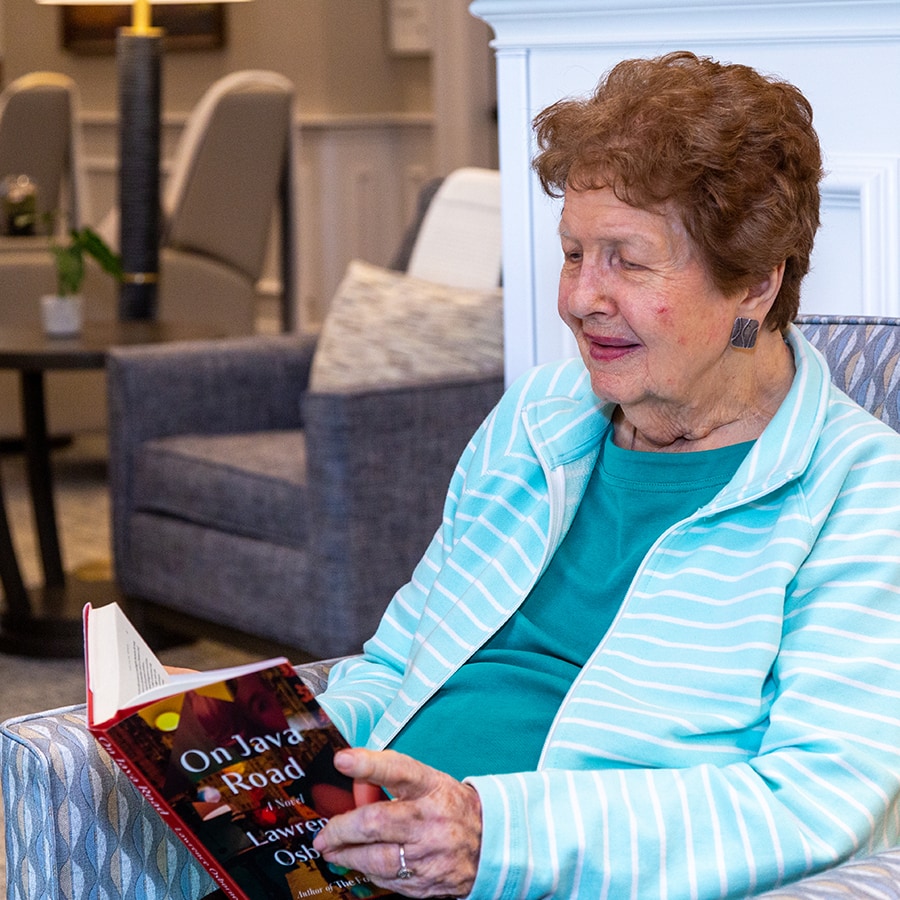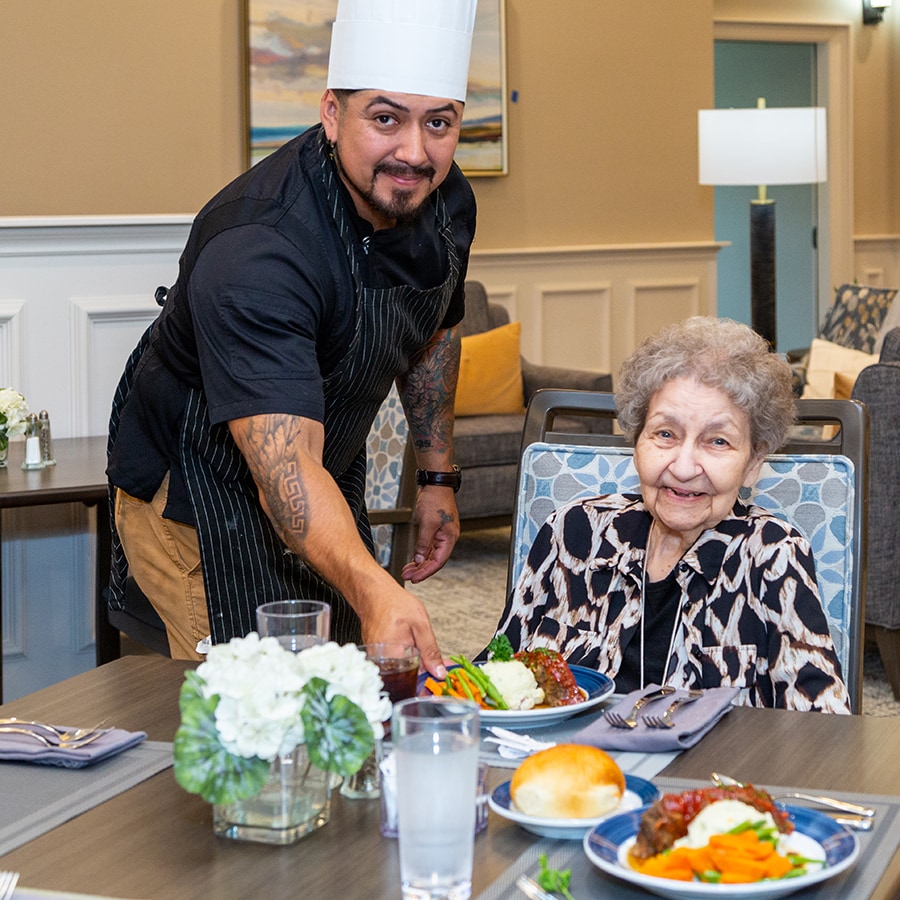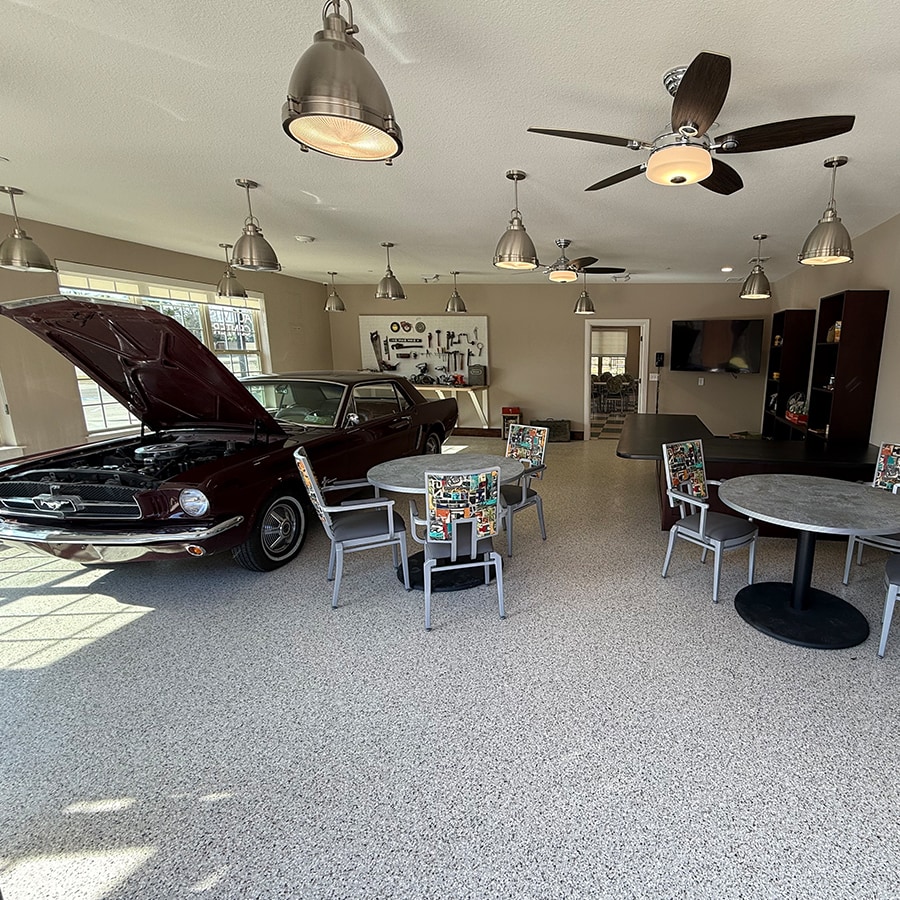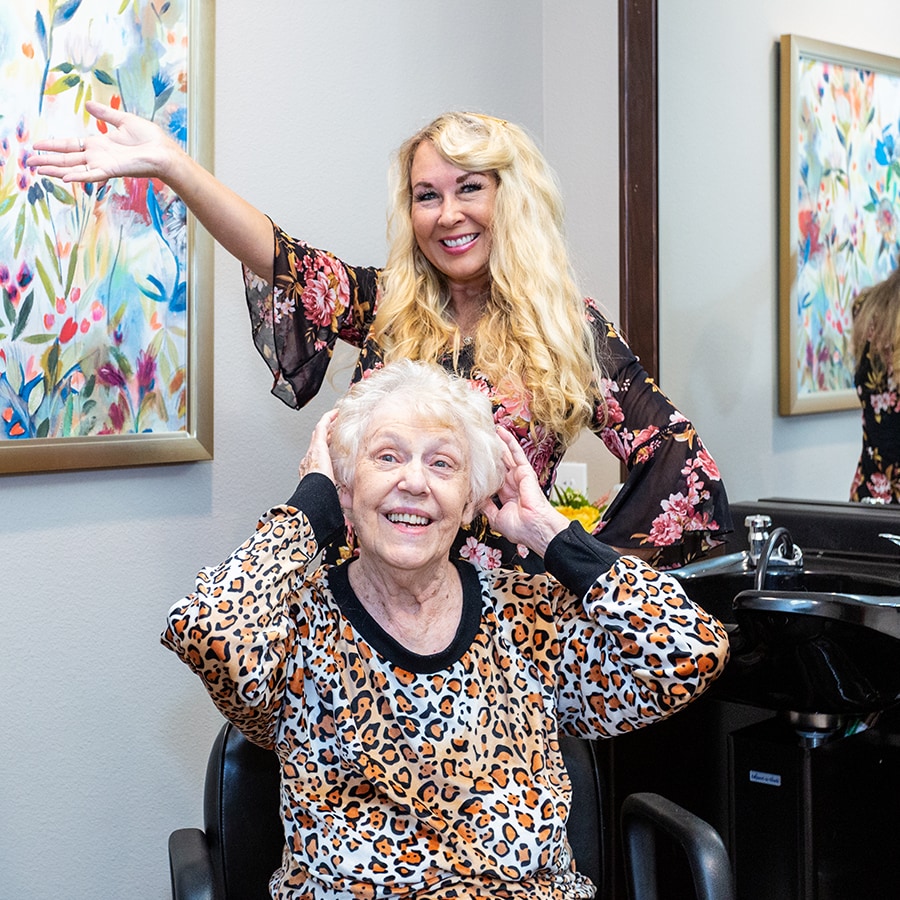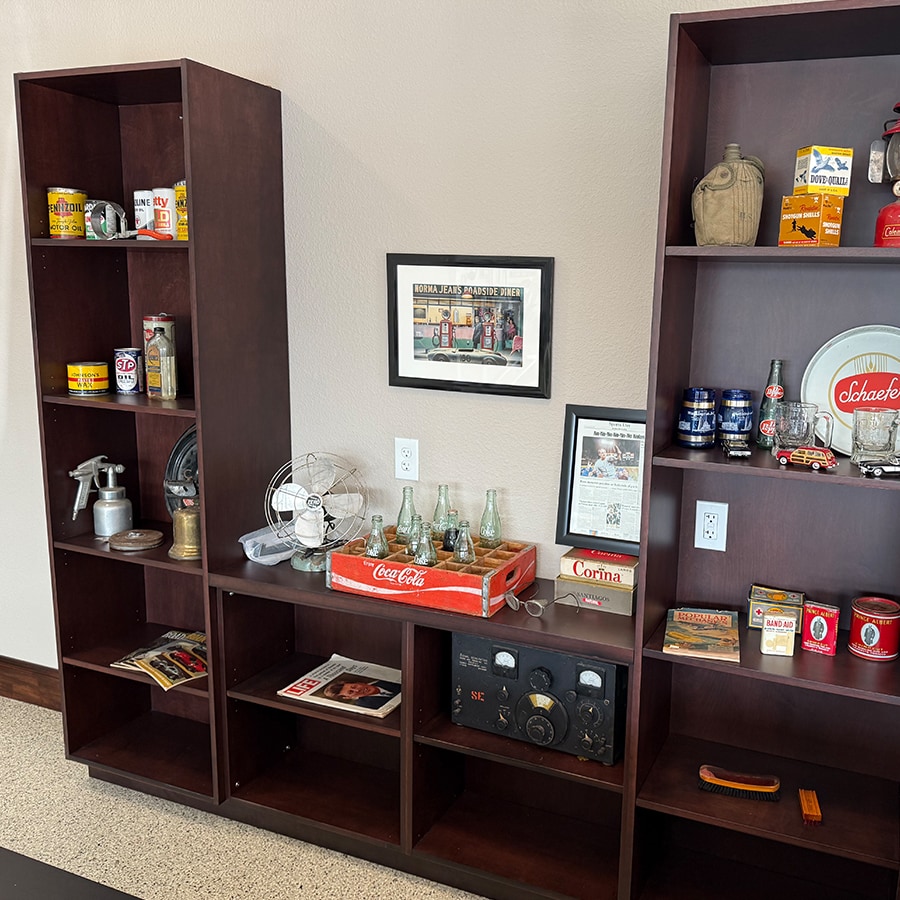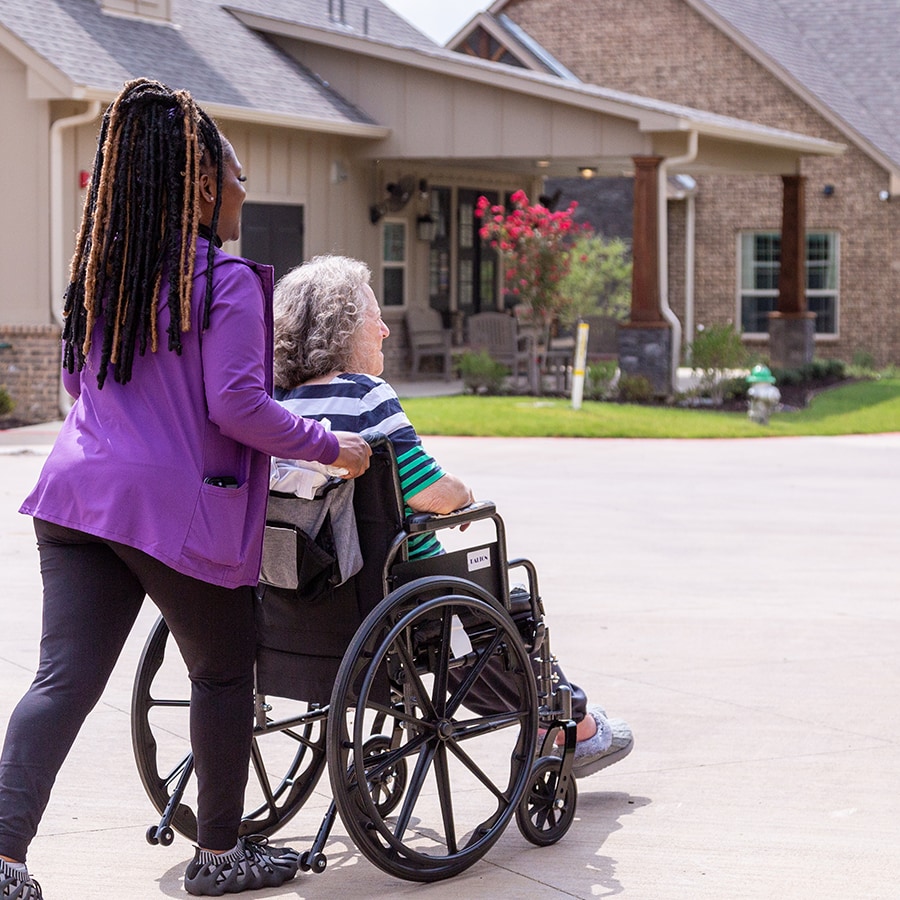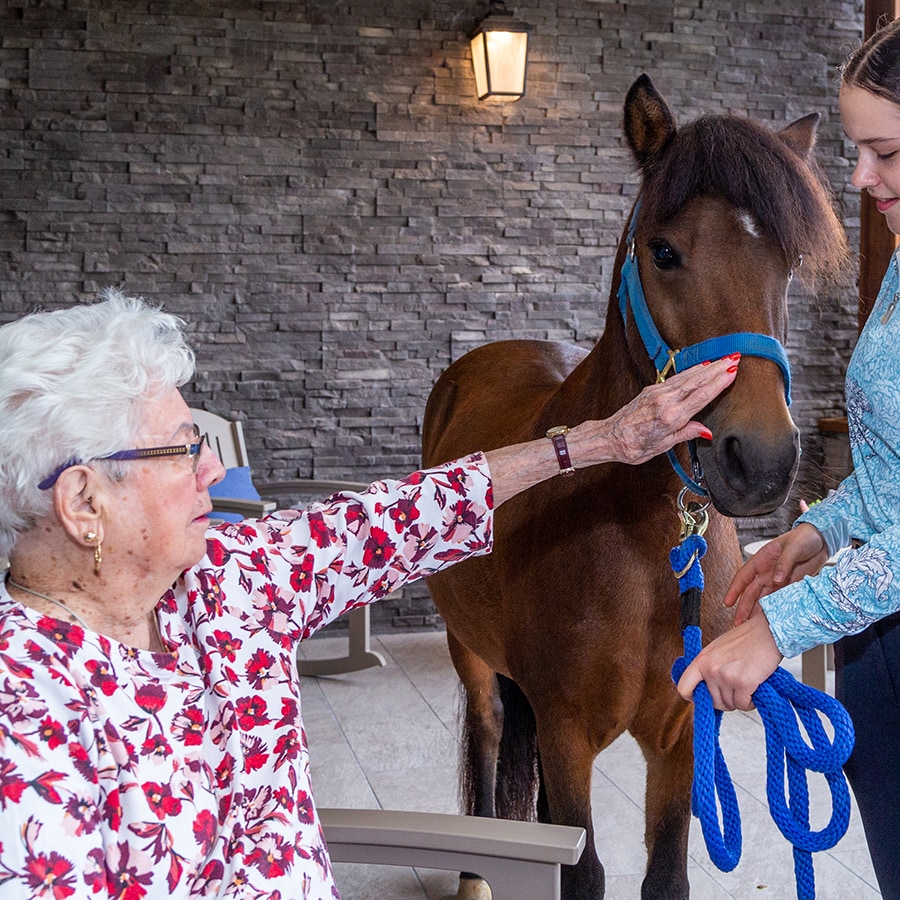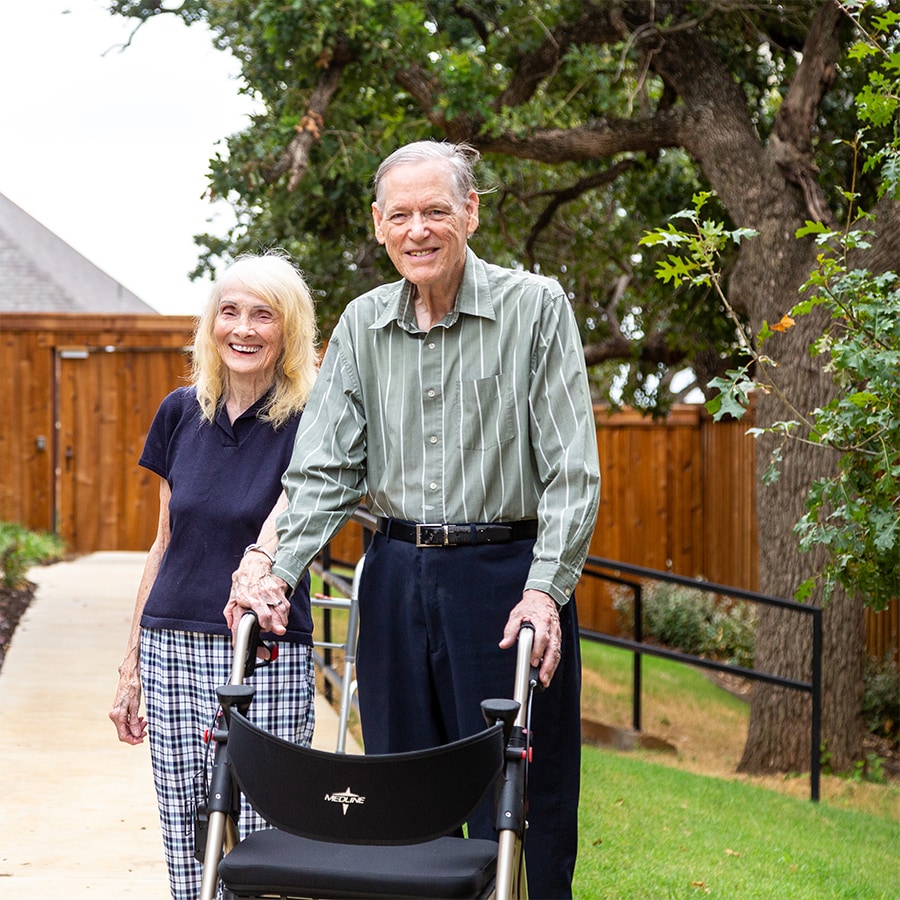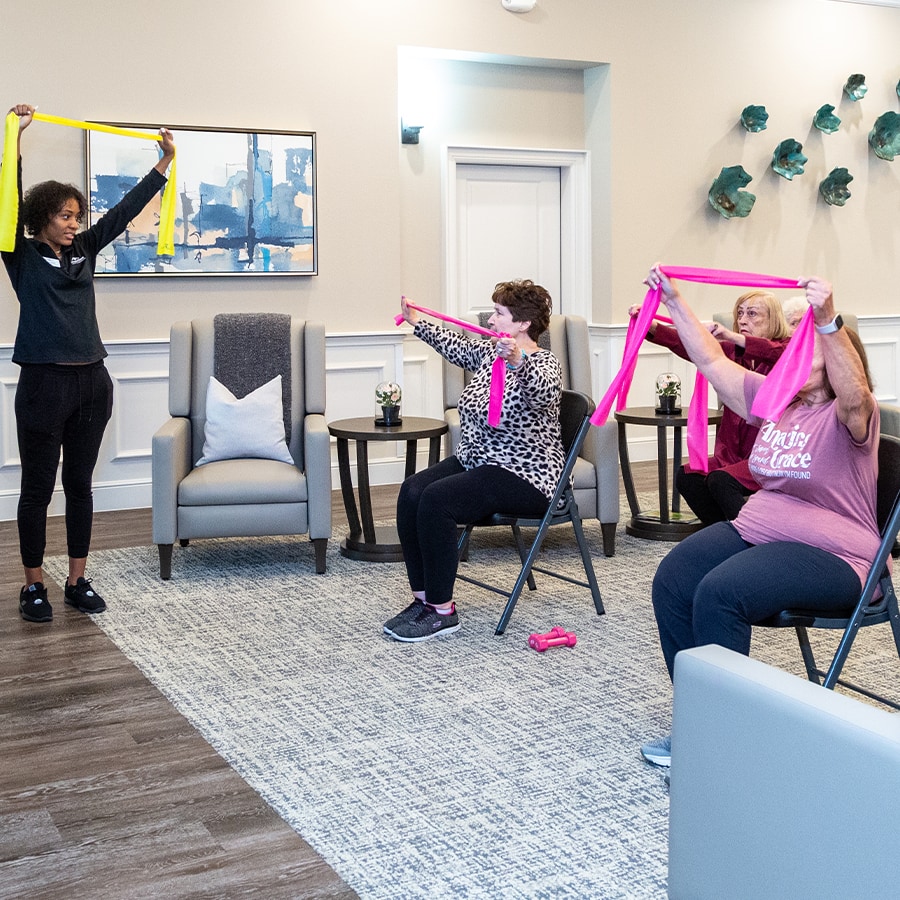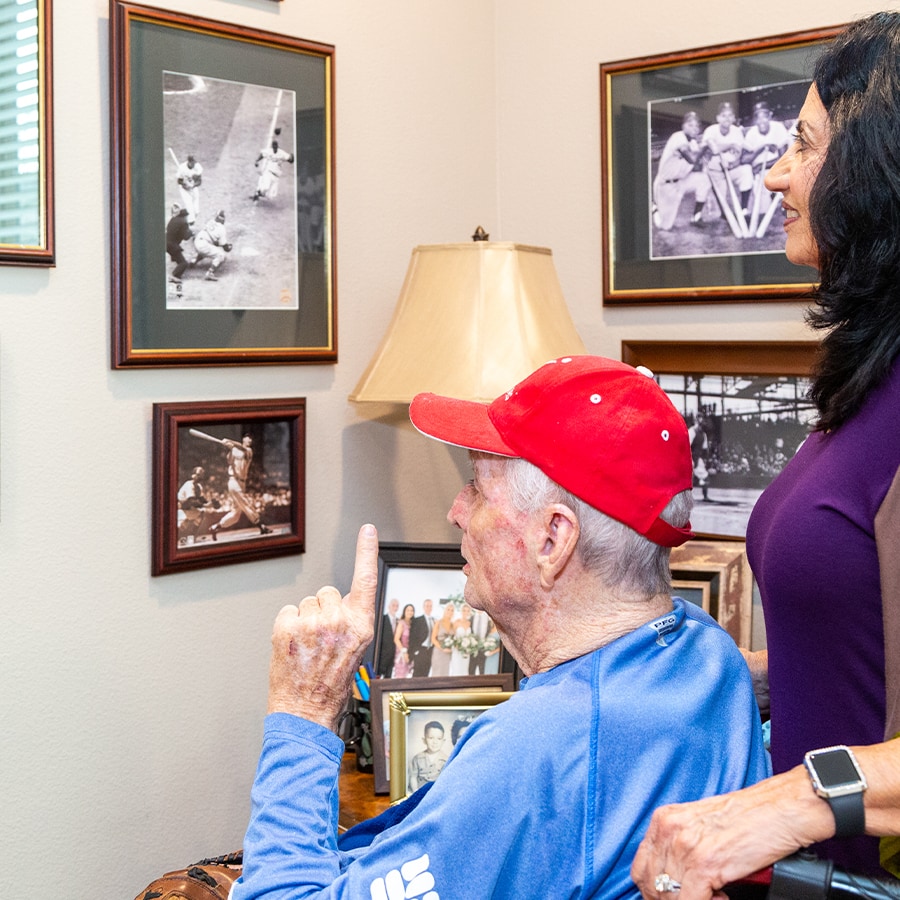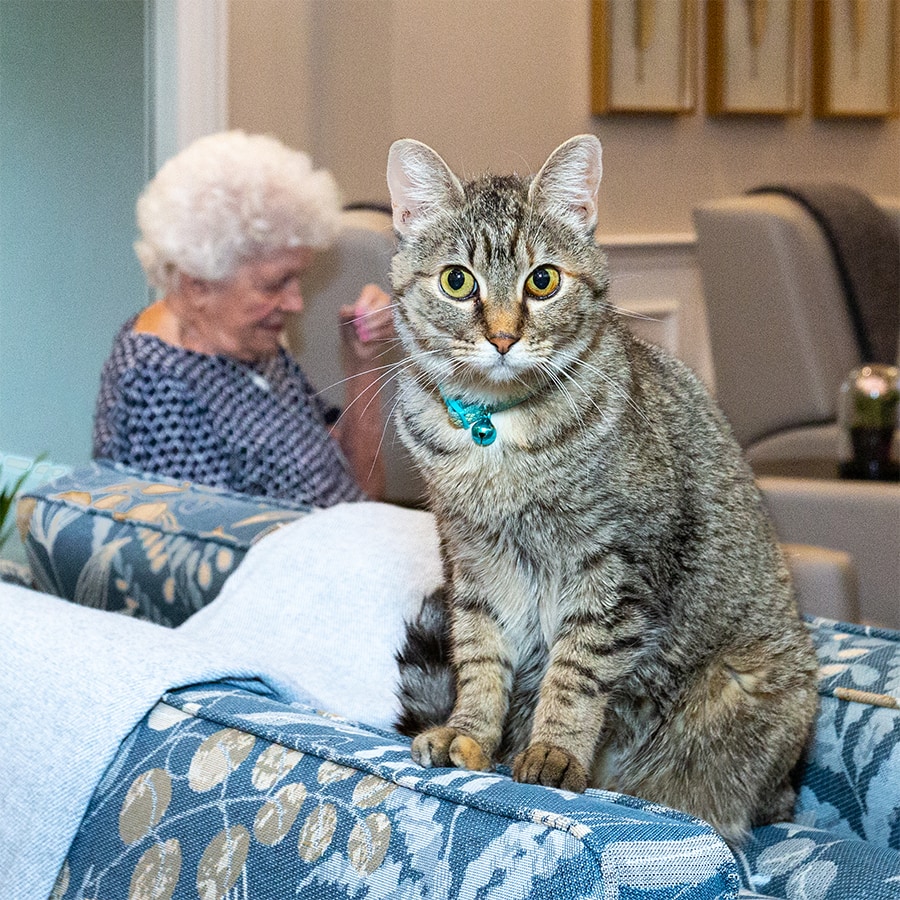Moving a family member to a residential care facility is a deeply personal decision and a highly emotional one, even when it is clear your loved one can no longer continue living alone.
If you’re unsure whether it’s time to seek more support, here are 3 signs assisted living may be right for your family member.
1. They struggle to perform one or more activities of daily living (ADLs) independently or with minimal assistance
ADLs are daily personal care activities like those below. As you review the list, consider the related questions.
- Bathing and grooming: Can your loved one bathe and groom themselves safely and adequately? Are their nails and hair clean and trimmed? Is their breath fresh?
- Dressing: Is your loved one wearing clean clothes each time you visit? Are they washing their clothes, towels and sheets regularly?
- Eating: Does your family member have fresh and nutritious food at home? Does food often go bad or expire? Are they eating healthy and balanced meals regularly? Are they losing or gaining weight unexpectedly?
- Moving safely: Can they move safely and independently around their home/yard? Do they have unexplained bruises or other minor injuries that might indicate a recent accident?
- Using the toilet: Is your loved one able to use the bathroom independently? Can they maintain continence throughout the day?
- Medication management: Do they remember to take the right dosage at the right time? Can they refill their prescription(s) on their own? Do they have stockpiled or expired medications?
As we age, these activities become more difficult, and certain diseases such as Alzheimer’s or Parkinson’s can amplify this difficulty. Depending on another person for help can be frustrating and impact our sense of self-worth, which can make the transition to assisted living even more challenging. At Teresa’s House, we respect and protect our residents’ dignity to ensure they thrive regardless of their ability to perform these care tasks.
2. They are showing signs of memory loss
We all forget things occasionally, especially as we get older. However, consistently misplacing important items, forgetting to pay bills on time, or accidentally leaving household appliances running can all be a sign that your family member is struggling. Other red flags might include paying bills twice, investing in scams, leaving stacks of unread mail around the house, or having utilities or other services shut off for nonpayment.
If your loved one is experiencing memory loss, memory care might be the answer. Teresa’s House offers a therapeutic community designed specifically for individuals with memory-related diseases based on best practices and the most up-to-date research.
3. They seem lonely or depressed
As our physical needs increase, we may begin to neglect our emotional needs. Social isolation, the loss of a partner, or just a growing inability to participate in life the way we once did can all contribute to poor mental health. If you notice your loved one withdrawing or losing interest in activities they used to enjoy, they could be struggling with depression. Teresa’s House provides a warm and inviting environment where residents can build meaningful friendships, practice old hobbies, or find new passions, all in a homelike atmosphere.
4. They need more care than you can provide
Caregiving can be incredibly fulfilling, but it also comes with additional costs and pressures. Chronic health conditions require regular monitoring and may get worse over time. Their home may need to be modified with safety features like ramps, grab bars or an alert system. If they live alone, they need to have a plan in case of emergency and be able to remember and execute it. All of this can strain your finances, your physical and mental health, and even your relationship with your loved one. If you feel overwhelmed, it may be time to transition out of the caregiver role. Teresa’s House has the resources and the knowledge to ensure your loved one can live their best life.
If you’re considering a transition, we’re here to support you in that journey however we can. Call us at (469) 998-7952 and let us know how we can help, or schedule a visit to see what makes Teresa’s House so special.
